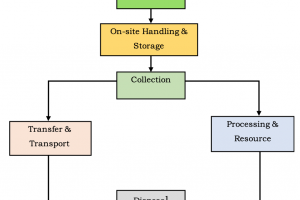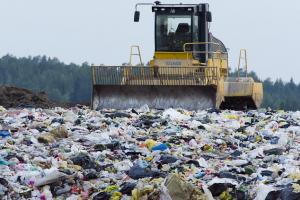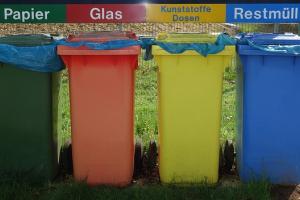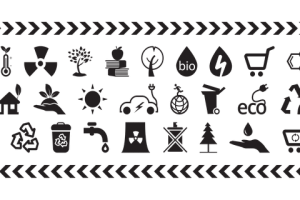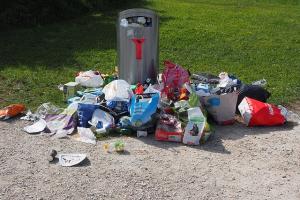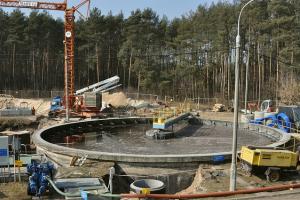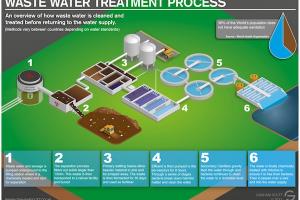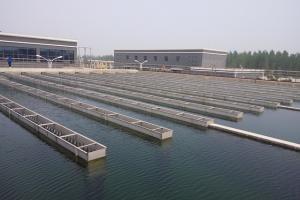Heath and Safety Issues due to Solid Wastes
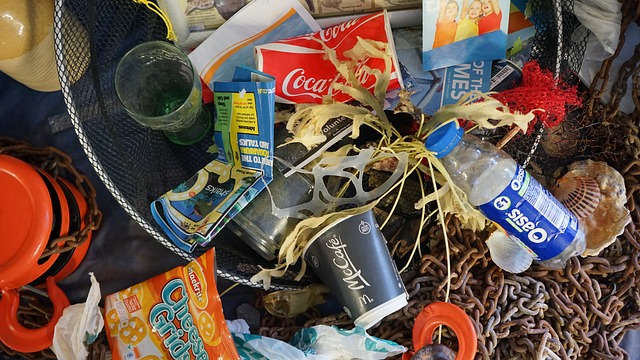
Health and Safety Issues
Solid waste management crises are directly related to the human health, economy and environment. In developing world, solid waste management authorities are seriously facing the associated problems in collection, transportation and disposal of communal solid waste. In Pakistan, due to improper planning and lack of funding the solid waste management crises are turning into worst. Open dumps of municipal solid waste (MSW) are responsible for the number of vector diseases in Pakistan. Increase in per capita solid waste generation rate is another serious threat for the management authorities in the developing world. Due to diverse living practices in same town, management authorities cannot provide uniform solid waste management system, therefore in Pakistan so many non-technical solid waste management systems are working. Due to shortage of proper collection bins in Pakistan, the collection efficiency is very low. Open dumping, open burning and improper sanitary landfills can be observed everywhere in the country.
All activities in solid waste management involve risk, either to the worker directly involved, or to the nearby resident. Risks occur at every step in the process, from the point where residents handle wastes in the home for collection or recycling, to the point of ultimate disposal.
Overview of Health Risks due to Solid Waste
Health risks from waste are caused by many factors, including:
- The nature of raw waste, its composition (e.g., toxic, allergenic and infectious substances), and its components (e.g., gases, dusts, leachates, sharps);
- The nature of waste as it decomposes (e.g., gases, dusts, leachates, particle sizes) and their change in ability to cause a toxic, allergenic or infectious health response;
- The handling of waste (e.g., working in traffic, shoveling, lifting, equipment vibrations, accidents);
- The processing of wastes (e.g., odor, noise, vibration, accidents, air and water emissions, residuals, explosions, fires);
- The disposal of wastes (e.g., odor, noise, vibration, stability of waste piles, air and water emissions, explosions, fires).
In developing countries like Pakistan, a significant portion of the waste pickers found at open dumps are children and women. Confounding this image is the reality that residents around solid waste disposal sites include infants, young children, women of child-bearing age, and seniors. Children are particularly vulnerable to toxins because they ingest more water, food, and air per unit of body-weight; their metabolic pathways are less developed to detoxify and excrete toxins; and any disruption during their growth years can easily disrupt development of their organ, nervous, immune, endocrine and reproductive systems. People living and working in the vicinity of solid waste processing and disposal facilities also are exposed to environmental health and accident risks. These risks relate to the emissions from the solid wastes, the pollution control measures used to manage these emissions, and the overall safety of the facility. As with occupational risks, these risks are being substantially managed in high-income countries, but are still largely unmanaged in most developing countries.
Credits: Dr. Salman Saeed, Assistant Professor, NIUIP (UET, Peshawar) with support from GIZ - DEUTSCHE GESELLSCHAFT FÜR INTERNATIONALE ZUSAMMENARBEIT 




